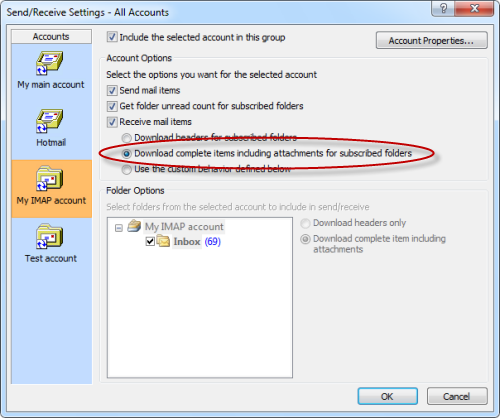Set Up Mail For Mac
Mail User Guide
Set Up Email For Microsoft Word
Change Server Settings in Mail on Mac. Use Server Settings preferences in Mail to change options for an account’s incoming and outgoing (SMTP) mail servers. To change these preferences in the Mail app on your Mac, choose Mail Preferences, click Accounts, then click Server Settings. Open Mail for me.
- Otherwise, your full email address will not be stored and will not be used by Apple or shared with any other entities. If you can’t send email on your iPhone, iPad, or iPod touch If you can’t send email from the Mail app on your iPhone, iPad, or iPod touch, there are a few things you can try.
- Launch Spark for Mac; At the top left of your screen, click on “Spark” “Add Account” Click on “Set Up Account Manually” In the “Title” field, enter ‘AOL Account’ or anything else you prefer (optional) Fill in the “Email” and “Password” fields with your @AOL email and password, and then click the ‘Add’ button.
- Set up your default email reader. Your default mail reader is what's used when you're browsing a web page and share it via email with a friend or colleague, or mail it to yourself for further reading. The Mac default is to use the Mail app, but you can change the default to Outlook. Open Finder Applications.
Set Up Mail On Mac Os
Use Server Settings preferences in Mail to change options for an account’s incoming and outgoing (SMTP) mail servers.
To change these preferences in the Mail app on your Mac, choose Mail > Preferences, click Accounts, then click Server Settings.
Note: The settings you see vary depending on your account type.

Incoming mail server settings
Option | Description |
|---|---|
User Name | Your user name on the mail server. |
Password | Your password on the mail server. Intel wireless display windows 10. |
Host Name | The name of the mail server. |
Automatically manage connection settings | Mail automatically manages settings for your email account in Mail, such as port numbers and authentication methods. If you deselect this option, you can specify the following, as directed by your email account provider:
|
Advanced IMAP or Exchange Settings | Enter or change these settings as directed by your email account provider:
|

Outgoing mail server (SMTP) settings
Option | Description |
|---|---|
Account | The account of the mail server. To change outgoing server settings, as directed by your email account provider, click the Account pop-up menu, then choose Edit SMTP Server List. |
User Name | Your user name on the mail server. |
Password | Your password on the mail server. Microsoft office mac for students. But not having an EDU email is not a barrier. Anyone with a valid student EDU email is eligible to get a 50% discount off the regular license price. |
Host Name | The name of the mail server. |
Automatically manage connection settings | Mail automatically manages settings for your email account in Mail, such as port numbers and authentication methods. If you deselect this option, you can specify the following, as directed by your email account provider:
|
